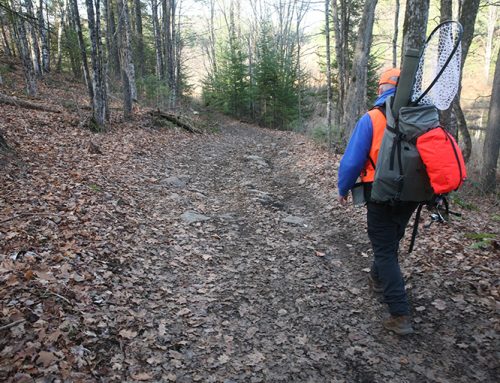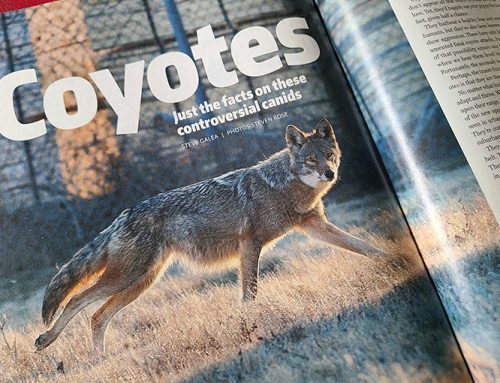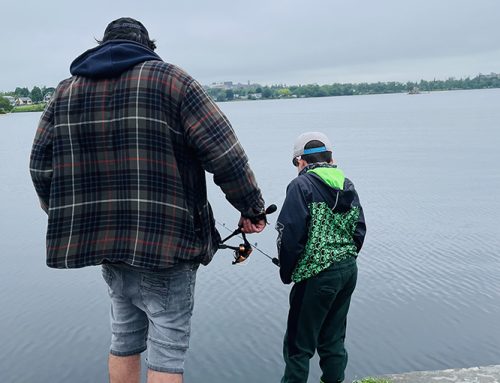
A US Department of Agriculture (USDA) study has determined that some free-ranging deer in Michigan, Illinois, New York, and Pennsylvania have been exposed to SARS-CoV-2, the virus that causes COVID-19. The news was released in a USDA bulletin.
Hosting the virus?
The USDA’s Animal and Plant Health Inspection Service (APHIS) undertook the study because white-tailed deer are abundant in the US and often come in close contact with people. They noted studies like this help them understand which animals could act as reservoirs or hosts for the virus as well the risks of cross-species contamination and the impacts on the species in general.
APHIS collected 481 samples between January 2020 and March 2021 from the four states and found that antibodies were in 7% of 101 samples in Illinois, 67% of 113 samples in Michigan, 19% of 68 samples in New York, and 31% of 199 samples in Pennsylvania. They caution that these percentages should not be taken an indication of the prevalence of the virus in the herds state-wide as a whole.
No evidence of cross-species contamination
The study could not ascertain how the animals got the virus. The bulletin also noted that there is no evidence that animals play a significant role in the spread of COVID-19 to people and said, based on available information, the risk is low.
Though the study did not investigate whether clinical signs of illness was prevalent in the animals that had the virus, their observations did not observe any indications that this was the case. Also, captive deer experimentally infected with SARS-CoV-2 by the USDA did not show any clinical signs of illness.
The bulletin also noted that the deer had been exposed to, rather than infected, with the virus.
Antibodies rather than virus detected
“An animal is said to have been ‘exposed’ to or infected with a pathogen when antibodies to a pathogen are detected in its blood. Antibodies are the result of an immune response to infection with a pathogen, and their presence does not necessarily suggest a current infection,” according to the USDA.
The tests used to analyze the deer serum samples in this study were only able to detect antibodies, not the virus itself. The bulletin also noted there is no evidence that people can get COVID-19 by preparing or eating meat from an animal infected with SARS-CoV-2.
Click here for more outdoors news
To read more about how COVID-19 is impacting your outdoors community, click here






Leave A Comment